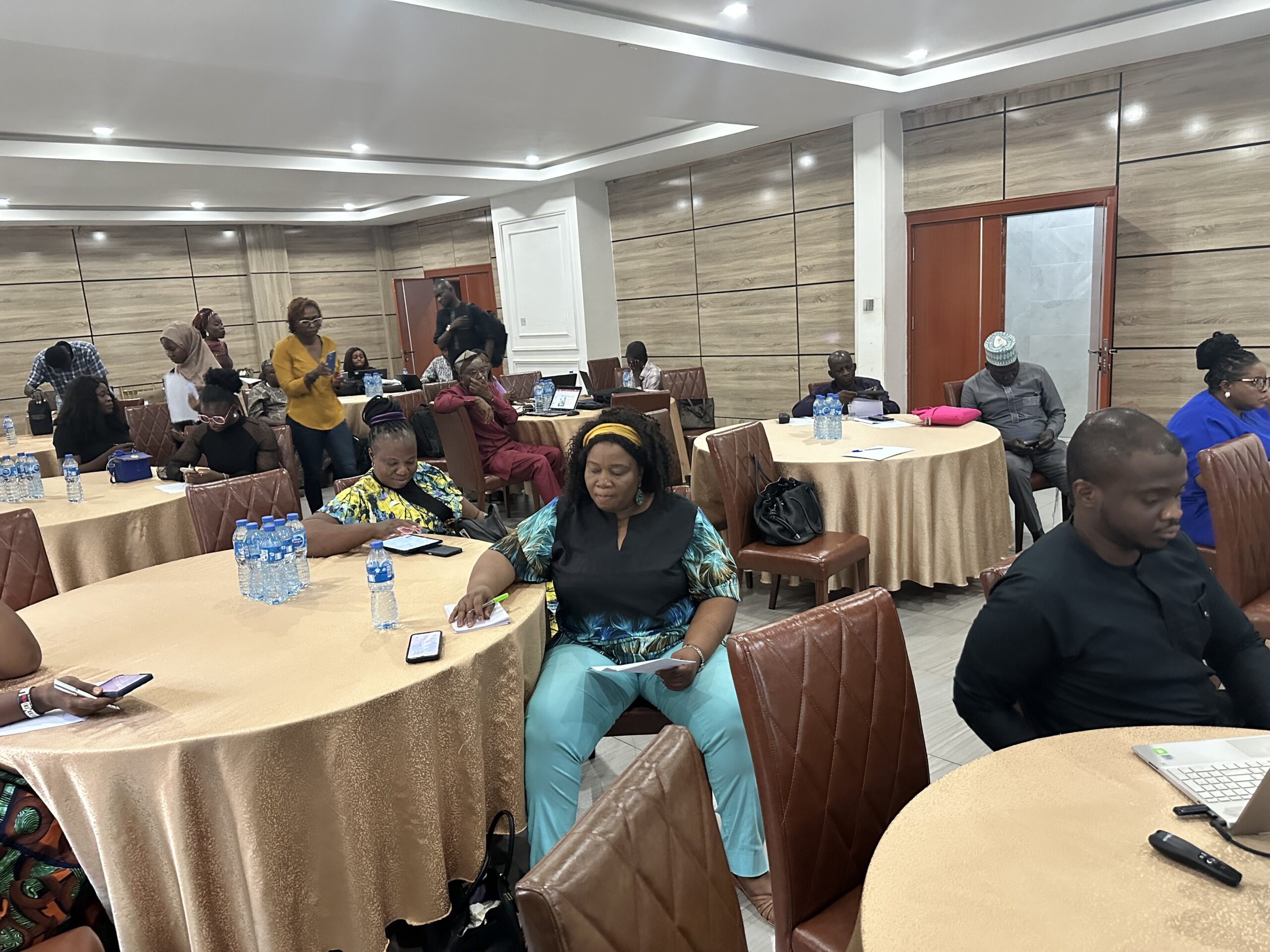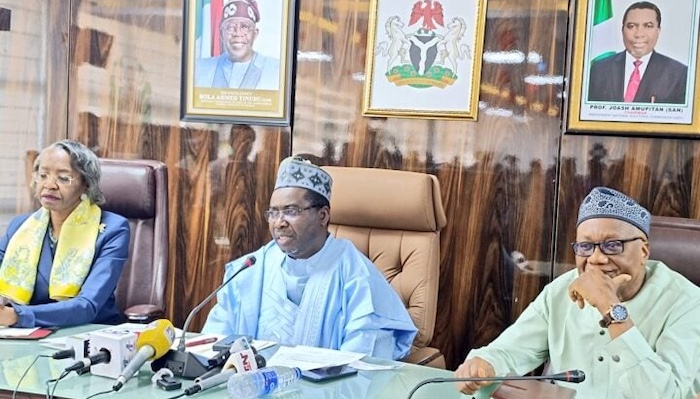Feature
Experts call for stronger policies to tackle non-communicable diseases in Nigeria

Health experts have highlighted high sodium consumption as a significant risk factor contributing to the growing prevalence of non-communicable diseases (NCDs) such as hypertension and stroke in Nigeria.
This concern was raised during a media roundtable organised by the Network for Health Equity and Development (NHED) in Abuja.
Speaking at the event, global health expert Dr Joseph Ekiyor emphasised the importance of reducing sodium levels in food products and implementing Front-of-Pack Labelling (FOPL) as measures to equip consumers with clearer nutritional information and ultimately reduce NCD risks.
“The goal is not to eliminate salt entirely, as it is essential for bodily functions, but to reduce intake to safer levels,” Dr Ekiyor said. “Moderation is key. A multi-sectoral approach involving government, civil society, and the media is vital to promote healthier behaviours and raise awareness about the dangers of excessive salt consumption.”
NHED Food Consultant Mr John Tehinse noted that the Federal Government had adopted the World Health Organization’s (WHO) recommendations on salt reduction and had established a national technical working group to develop relevant guidelines.
“We identified 34 food categories that are widely consumed in Nigeria, such as bread, bologna, and processed meat products,” he said. “We are engaging with the food industry to ensure their products comply with the guidelines. The objective is to reduce national salt intake by 15 per cent by 2026 and 30 per cent by 2028.”
Also speaking at the event, Mr Abayomi Sarumi, Associate Director of the Food Justice Programme at Corporate Accountability and Public Participation Africa (CAPPA), underscored the essential role of the media in driving public awareness and promoting healthier dietary choices.
“People need to understand that the health risks of excess salt consumption go far beyond just hypertension or joint issues,” Mr Sarumi stated. “Given the trust the public places in the media, it is crucial that journalists communicate accurate information, dispel myths, and help shape more informed consumer choices.”
The roundtable centred on strengthening Nigeria’s food policy landscape through advocacy for sodium reduction and the adoption of clear Front-of-Pack Warning Labels.
-

 NUJ FCT2 days ago
NUJ FCT2 days agoBREAKING: FCTA Health Mandate Secretary offers 150 free insurance slots to NUJ FCT members
-

 National News2 days ago
National News2 days agoTinubu accepts Egbetokun’s resignation, appoints Disu acting IGP
-

 News1 day ago
News1 day agoDSS arrests suspected ISWAP Commander linked to Owo Church massacre
-

 News1 day ago
News1 day agoActing IGP Tunji Disu arrives at Presidential Villa for official decoration
-

 News1 day ago
News1 day agoFCT Poll: INEC explains disputed result at Kwali voting centre
-

 News2 days ago
News2 days agoObi escapes attack as gunmen target ADC leaders in Edo
-

 News1 day ago
News1 day agoAtiku condemns attack on Obi, Oyegun, others, warns against political violence
-

 News1 day ago
News1 day agoEx-NRC MD Edetanle remanded over alleged N165m, $385,000 fraud

























